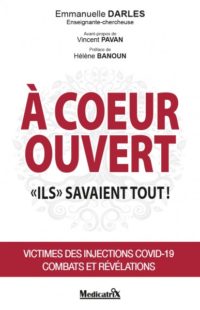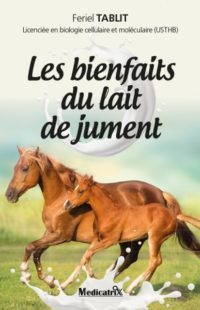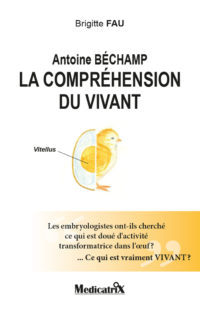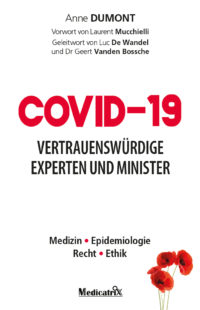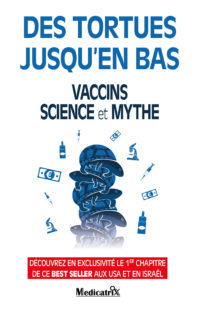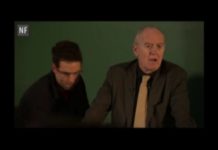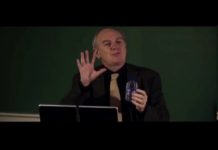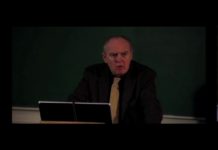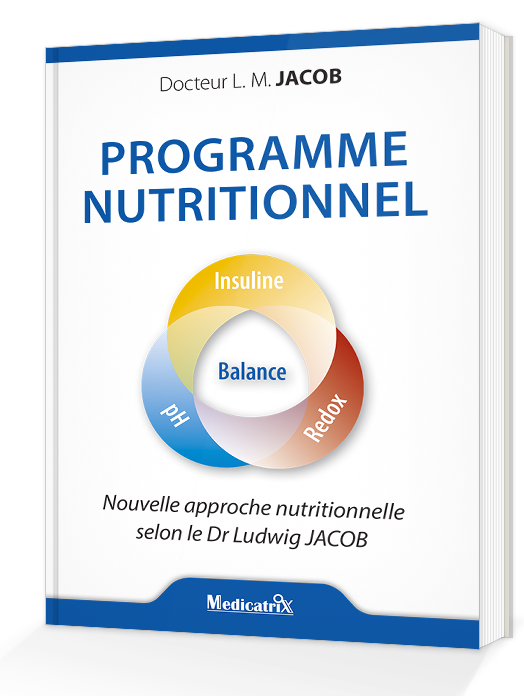Diastolic heart failure, or heart failure with preserved ejection fraction, is a leading cause of morbidity and mortality. There are no current therapies effective in improving outcomes for these patients. The aim of this article is to review the literature and examine the role of coenzyme Q10 in heart failure with preserved ejection fraction related to mitochondrial synthesis of adenosine triphosphate and reactive oxygen species production. The study results reflect that myocardial energetics alters in diastolic heart failure and that there is defective energy metabolism and increased oxidative stress. Studies are emerging to evaluate coenzyme Q10, particularly ubiquinol, as a supplemental treatment for heart-failure patients. In diastolic heart-failure patients, clinicians are beginning to use supplemental therapies to improve patient outcomes, and one promising complementary treatment to improve left ventricular diastolic function is ubiquinol. Additional studies are needed using large-scale randomized models to confirm if ubiquinol would be beneficial. Since ubiquinol is an antioxidant and is required for adenosine triphosphate production, clinicians and health scientists should be aware of the potential role of this supplement in the treatment of diastolic heart failure.
[wpfilebase tag=file id=156 /]


